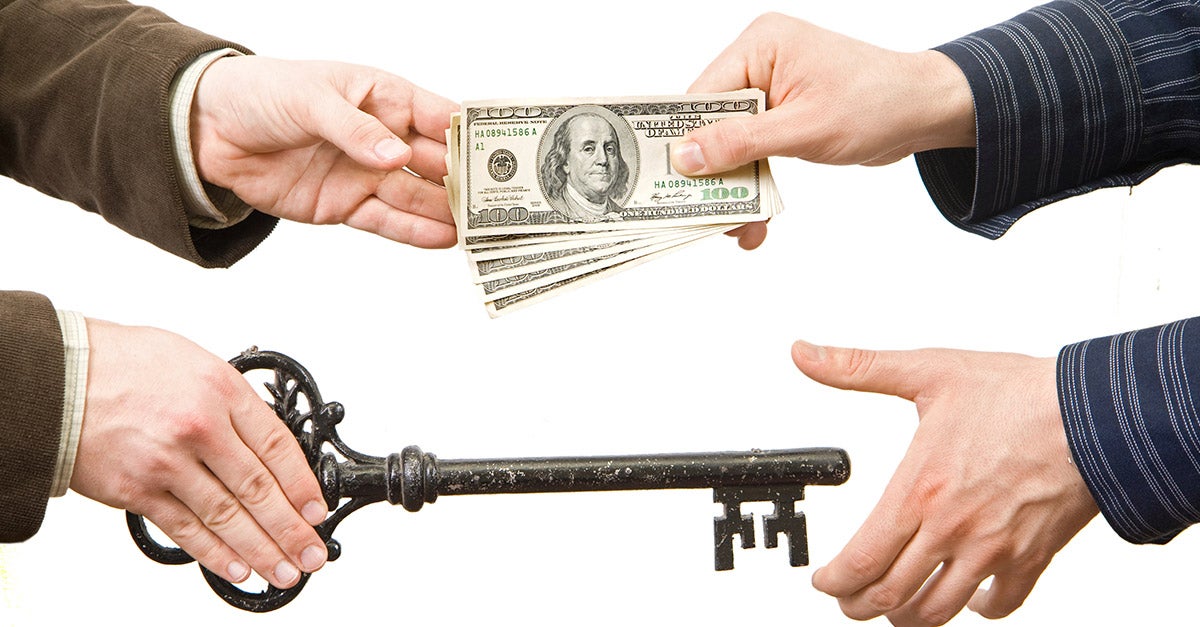4 Business Valuation Strategies

People start a business for all kinds of different reasons. Some people do it because they are fulfilling a lifelong passion to create a new product or service. Others see a new business as a getaway from the grit and grind of corporate America to become their own boss. Still more see a business as an engine to generate cash flow, create a family legacy and build substantial wealth. Whatever the reason, at some juncture if the business has success most owners consider the sale of the business and wonder what their former-startup would be worth. Here are some smart money moves guidelines in thinking about how to value your business.
Want to grow your business?
Become a GoSmallBiz member today!
How To Set A Value
Like any piece of real estate including your home, the valuation of a business in my opinion is part objective and part subjective. Regardless of what you come to, at the end of the day, the business will only be worth what a willing seller will pay for the asset. However, if you are smart about how you go about valuing your business and how you could potentially be financed out of the business, you may be able to extract a maximum amount of money from the sale depending on how you structure the deal.
Here are several valuation strategies you can use when pricing your business for sale:
EBITDA (Earnings Before Interest, Taxes, Depreciation, or Amortization)
If you have watched #sharktank, you’ll often hear Mr. Wonderful talk about this term EBITDA, which stands for earnings before interest, taxes, depreciation, or amortization. While this can be complicated for some business owners to understand, an easier way to discuss this strategy is to talk about net cash flow in the business. By this, I mean how much real net profit (plus owner salary) is there coming through the business every year. If a potential buyer is going to purchase your business, they are going to wonder under this methodology how long it will take them to make back their purchase price. Depending on the business and industry, a decent range of pricing would be 4x to 8x EBITDA. Obviously, I have seen higher or lower as it will depend on the particular business.
More from Ted: 5 BIG Overlooked Tax Deductions
Multiple Of Revenue
Sometimes, you’ll hear people talk about paying a ‘multiple of revenue’. A specific sector you see this happen often with is the technology sector. This is why technology companies will take their venture capital or earnings and plow them back into getting more top line sales revenue because the purchase of these businesses happens due to the potential for future profit (and revenue growth) or because the business has sustainable sticky recurring revenue. In the financial services world, you could get 2x to 3x on recurring revenue for a sale price, whereas in the technology world it could be 8x to 12x on revenue should the business sell down the road. Either way, multiple of revenue is another type of calculation.
Discounted Cash Flow
This methodology was probably made most famous by Warren Buffett because this is the common method he uses to establish the value of businesses and often why you don’t see him buy technology businesses that have no cash flow. He looks at how much cash the business generates each year, projects it into the future and then calculates the worth of that cash flow stream “discounted” using the long-term Treasury bill interest rate. They don’t call him the ‘Oracle’ for nothing.
Book Value
If you own a business that has lots of equipment or hard assets, you could determine the value of the business by what it actually owns. This may include real estate if it is in the deal as well. Simply put, what you are looking at in this type of valuation is to get to the equity by taking all of the assets and subtracting all of the liabilities. What wouldn’t be included in this type of calculation is the ‘goodwill’ of the business which could include patents, brand name, etc.
There are certainly other methodologies that one can use when valuing a business and you should talk to a certified business appraiser or a qualified CPA if you want to gain a high degree of accuracy. A quick and dirty business valuation could cost $3,000 to $5,000 while an in depth analysis could be $20,000 or more.
By using these smart money moves guidelines, though, you can get a rough estimate on your business’s worth before you go down that road.
[latest_posts header=”More on Tax and Accounting” limit=”” category=”4″]
